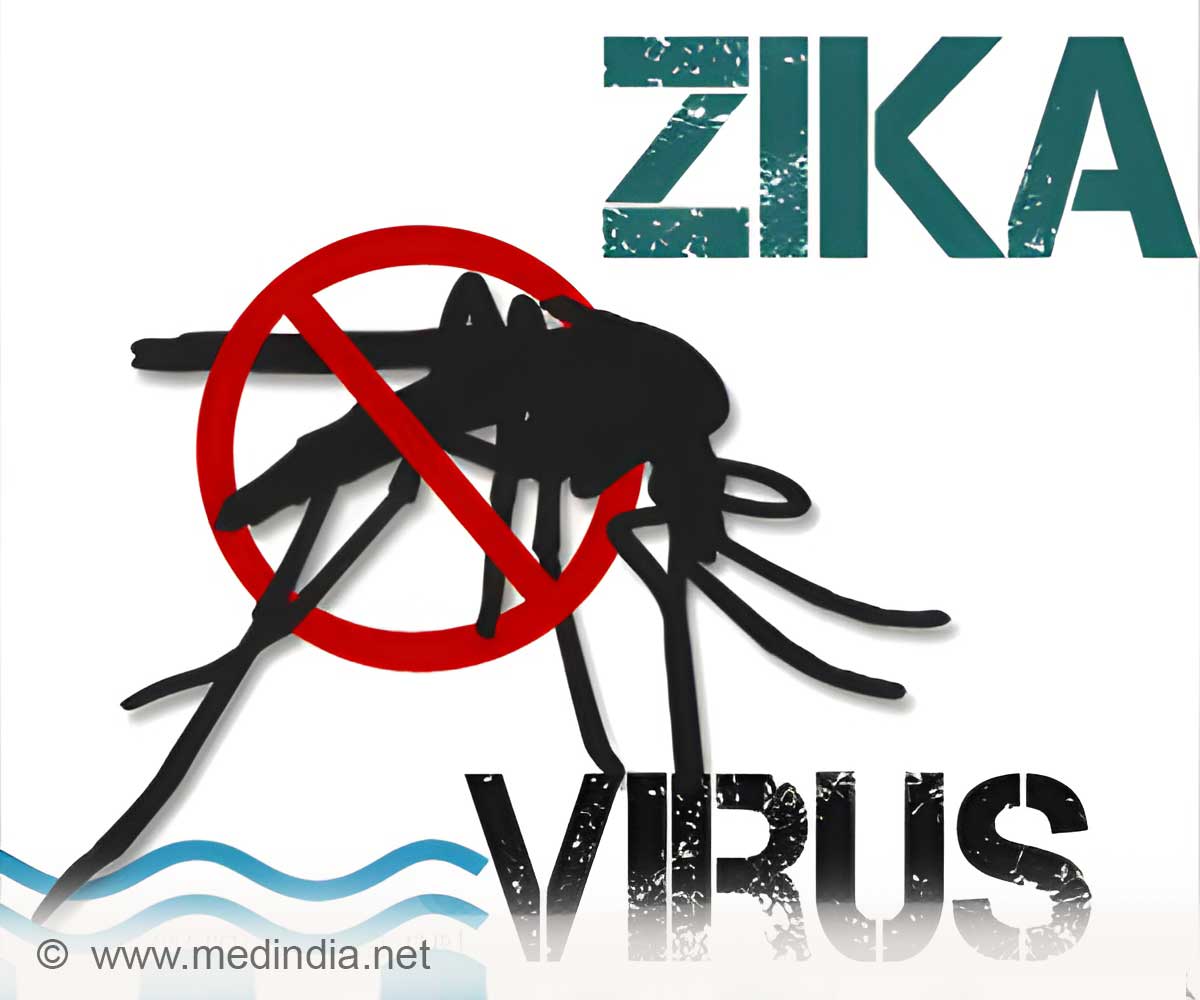The current advice to prevent sexual transmission of Zika is based on the assumption that transmission occurs from a male partner to a receptive partner.

‘Health authorities are urging pregnant women to abstain from sex or use barrier methods of contraception during sex if their partners have traveled to or live in areas where the Zika virus is present.’





Its report did not specify where the woman may have been infected. The next day, she developed fever, back pain, swelling and numbness and tingling in her hands and feet. She tested positive for Zika, a typically mosquito-borne virus that is spreading rapidly through the Caribbean and Latin America. Her male partner said he had not traveled outside the United States during the prior year. He also said he did not have any other recent sexual partners and had not been bitten by mosquitoes in the week before his illness.
"The New York City report of female-to-male sexual transmission of Zika virus infection is the first documented case of sexual transmission of Zika from a woman to her sex partner and adds to the growing body of knowledge about the sexual transmission of Zika," the CDC said. Zika can cause birth defects, including the brain and skull deformity known as microcephaly.
Health authorities are urging pregnant women to abstain from sex or use barrier methods of contraception during sex if their partners have traveled to or live in areas where the Zika virus is present. "Although no cases of woman-to-woman Zika transmission have been reported, these recommendations now also apply to female sex partners of pregnant women," the CDC said.
The federal agency said it is updating its guidelines because the current advice to prevent sexual transmission of Zika "is based on the assumption that transmission occurs from a male partner to a receptive partner."
Advertisement







